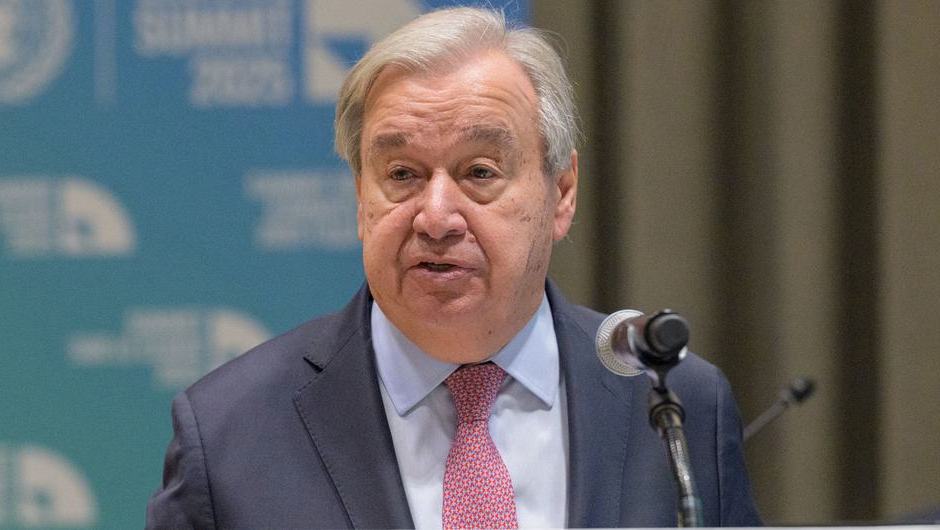As world leaders convene in Belem, Brazil for the COP30 climate summit, United Nations Secretary-General Antonio Guterres issued a stark warning on Thursday, urging immediate and coordinated action to curb global warming and keep the 1.5-degree Celsius goal within reach.
“Every fraction of a degree means more hunger, displacement, and loss – especially for those least responsible,” Antonio Guterres told delegates. “Failure to contain global heating amounts to moral failure and deadly negligence.”
1.5°C Goal Under Threat
Guterres cautioned that humanity is on course to temporarily exceed the 1.5-degree threshold by the early 2030s, citing decades of denial and inaction. “Even a temporary overshoot will unleash far greater destruction and costs for every nation,” he said, calling for a “fundamental paradigm shift” to limit the overshoot’s magnitude and duration.
Warming Trends at Record Levels
The World Meteorological Organization (WMO) confirmed that greenhouse gas concentrations have reached their highest levels in 800,000 years. WMO Secretary-General Celeste Saulo reported that from January to August 2025, the Earth’s average temperature was 1.42 degrees above pre-industrial levels, with ocean temperatures also hitting record highs.
The State of the Global Climate Update 2025 issued by WMO projects that 2025 will rank among the two or three warmest years ever recorded. The period from 2015 to 2025 will also be the hottest 11-year span since records began 176 years ago.
Climate Impacts Accelerating
The WMO report details a cascade of worsening climate impacts. Arctic sea ice hit a record low for winter coverage, while Antarctic sea ice remained well below average. Global sea levels are rising nearly twice as fast as in the 1990s, driven by ocean heating and ice melt.
Extreme weather events – from deadly floods and hurricanes to prolonged heatwaves and wildfires – continue to disrupt food systems, displace communities, and strain economies, particularly in developing nations.
‘A Red Line for Humanity’
Reaffirming the urgency of the moment, Guterres described the 1.5°C limit as “a red line for humanity.” He called on countries to accelerate emissions reductions, phase out fossil fuels, and strengthen protections for forests and oceans.
He noted that the clean energy transition is gaining momentum, with global renewable energy investments now exceeding those in fossil fuels by 800 billion dollars. “Clean energy is winning in price, performance, and potential – but what is still missing is political courage,” he said.
Protecting Forests and Oceans
Marinez Scherer, COP30’s Special Envoy for the Ocean, underscored the critical link between forests and oceans, calling them “one living system” vital to the planet’s climate balance.
“The ocean produces more than half the world’s oxygen, absorbs 90 percent of excess heat, and sustains billions of livelihoods – yet it receives less than one percent of climate finance,” Scherer said. “Protecting the ocean and the Amazon is not just an environmental imperative but a collective act of survival. The ocean cannot wait, and neither can we.”
Baburajan Kizhakedath

